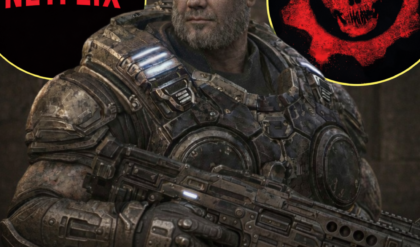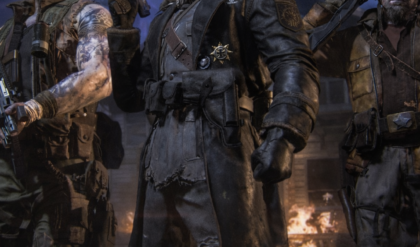The new adaptation of The Day of the Jackal has reignited discussions about morally ambiguous protagonists and how audiences react to them. Unlike traditional action thrillers where the hero is clearly defined, this series presents viewers with a central figure whose motives and actions blur the lines between protagonist and antagonist.
At the heart of the series is the Jackal, a calculating assassin known for his precision and ruthlessness. While many thrillers encourage viewers to root for their main character, The Day of the Jackal takes a different approach. The Jackal isn’t driven by revenge, ideology, or a sense of justice—he’s simply a professional carrying out a job. This emotional detachment makes him both fascinating and difficult to sympathize with.
This moral complexity has sparked debate among fans. Some viewers find themselves reluctantly admiring his skill, discipline, and ability to stay ahead of his pursuers. Others, however, see him as a sociopath whose cold-blooded actions make it impossible to cheer for him. Unlike antiheroes like Dexter Morgan—who follows a self-imposed moral code—the Jackal operates with no ethical constraints. His sole loyalty is to the mission.
Another key player in the series is Bianca, an MI6 agent determined to bring him down. While she is positioned as the antagonist to the Jackal’s mission, her own morally questionable decisions add another layer of complexity. She deceives colleagues, prioritizes her job over personal relationships, and often exhibits the same relentlessness as the man she’s hunting. This duality makes it difficult to determine who, if anyone, the audience should truly support.
This dynamic makes The Day of the Jackal a rare kind of thriller—one that challenges viewers to question their own allegiances. The show forces its audience to confront a central dilemma: do we root for the assassin to succeed, or do we hope for his downfall? And if we find ourselves hoping he escapes, what does that say about our perception of morality in storytelling?
Ultimately, The Day of the Jackal excels not just as a suspenseful thriller but as a thought-provoking exploration of morality, power, and the gray areas in between. Whether you wanted the Jackal to get caught or get away, one thing is certain—this series leaves a lasting impression.





